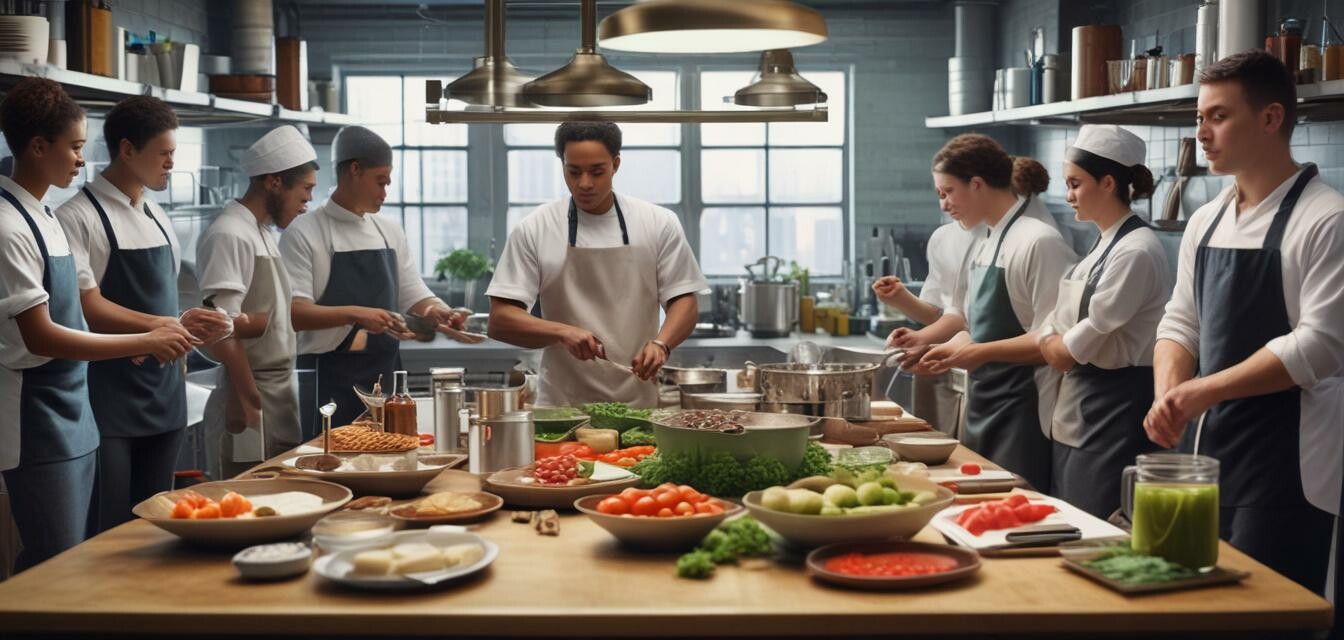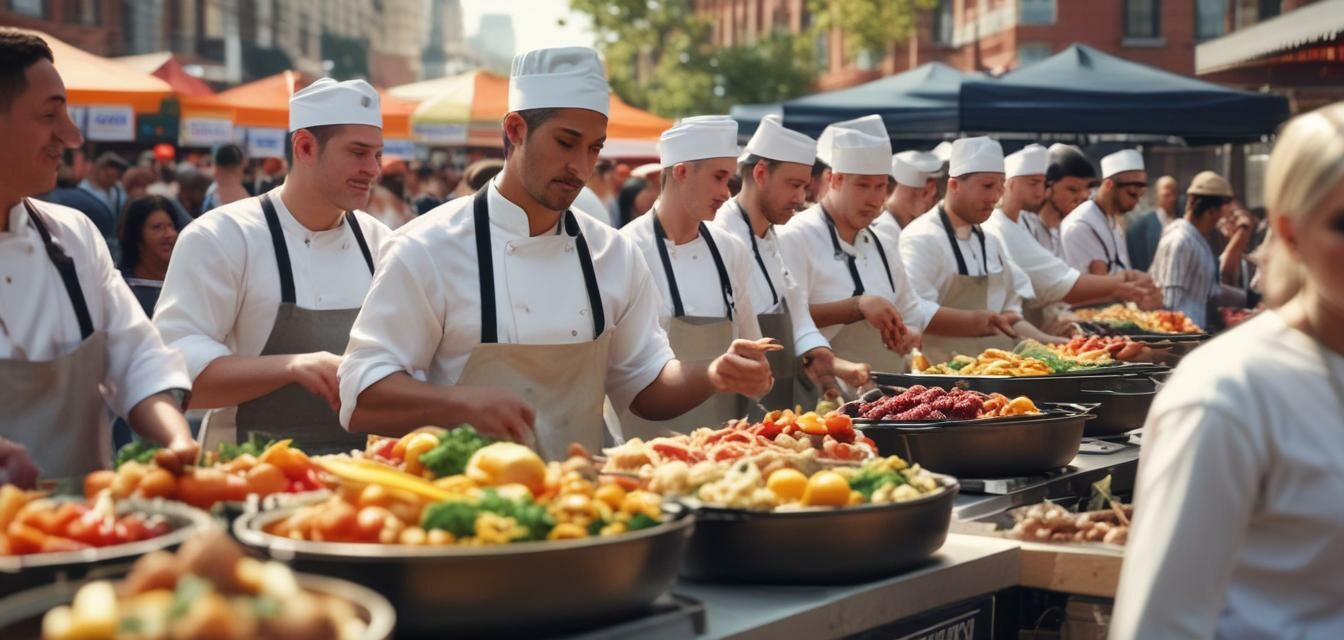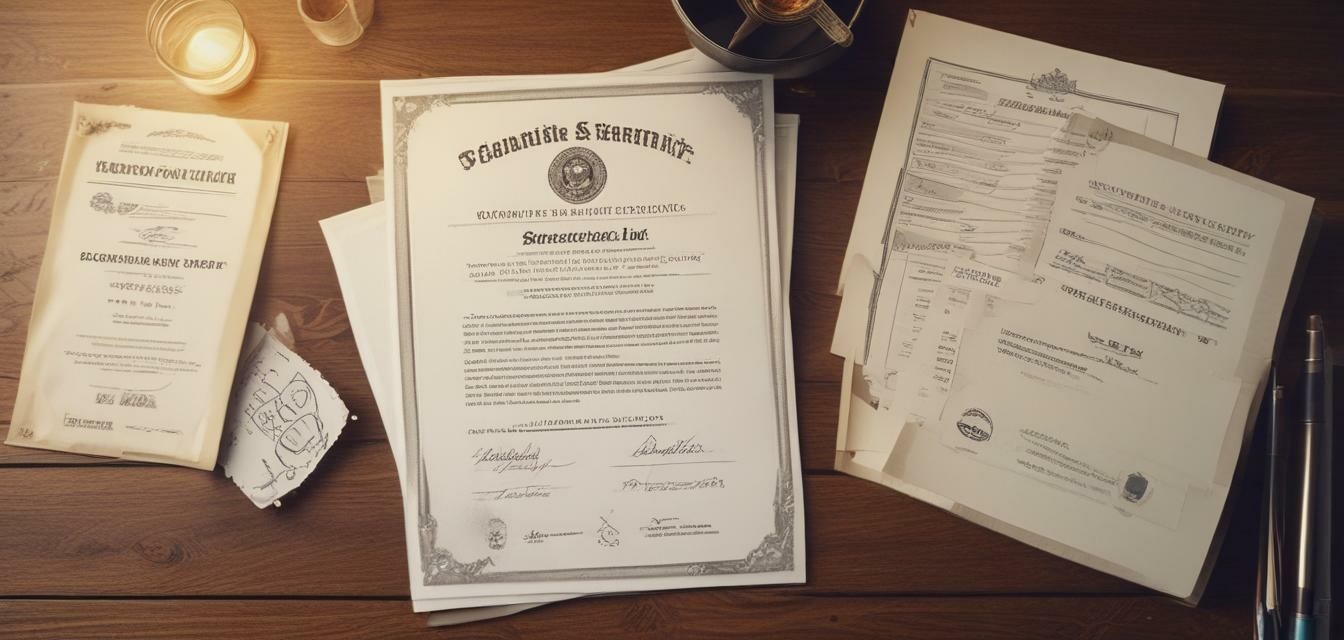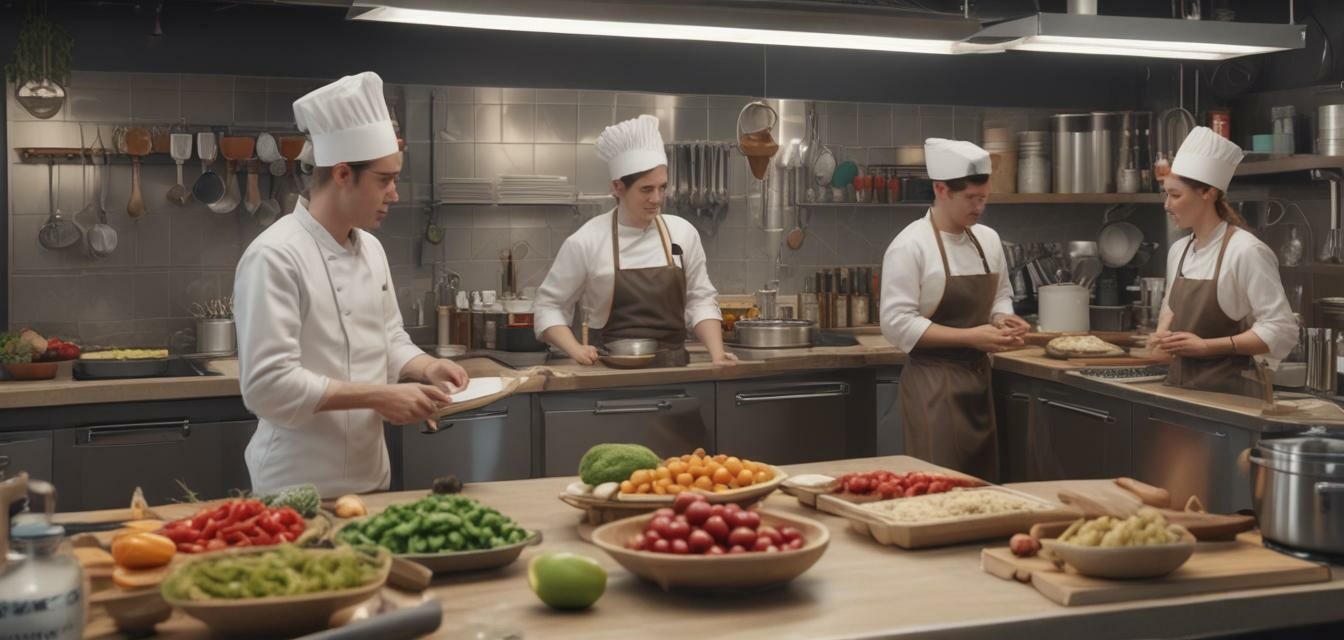
Culinary Arts Certificates
Are you considering a career in the culinary industry? Earning a culinary arts certificate can be a great way to get started. In this article, we'll explore the different types of certificates available, the benefits of earning a certificate, and what to expect from a culinary program.
Key Takeaways
- Culinary arts certificates are offered in various specialties, such as baking and pastry arts, culinary management, and more.
- Certificates can be earned in as little as a few months to a year, depending on the program.
- Benefits of earning a culinary arts certificate include increased job prospects, higher salaries, and a competitive edge in the industry.
Types of Culinary Arts Certificates
Culinary arts certificates are offered in a variety of specialties, including:
| Certificate Type | Description |
|---|---|
| Baking and Pastry Arts | Focused on the art of baking and pastry making, including cake decorating, bread making, and more. |
| Culinary Management | Covers the business side of the culinary industry, including restaurant management, marketing, and finance. |
| Cooking Techniques | Teaches fundamental cooking techniques, including knife skills, cooking methods, and ingredient identification. |
| Specialty Cuisines | Focuses on specific cuisines, such as Italian, French, or Asian cuisine, including traditional cooking techniques and ingredients. |
Benefits of Earning a Culinary Arts Certificate
Earning a culinary arts certificate can have numerous benefits, including:
Pros
- Increased job prospects: Many employers require or prefer candidates with a culinary arts certificate.
- Higher salaries: Certificate holders can earn higher salaries than those without a certificate.
- Competitive edge: A certificate demonstrates a level of expertise and commitment to the industry.
- Networking opportunities: Culinary programs provide opportunities to network with industry professionals and like-minded individuals.
What to Expect from a Culinary Program
Culinary programs typically include a combination of classroom instruction and hands-on training in a professional kitchen. You can expect to learn about:
- Kitchen management and organization
- Food safety and sanitation
- Cooking techniques and methods
- Ingredient identification and selection
- Menu planning and design
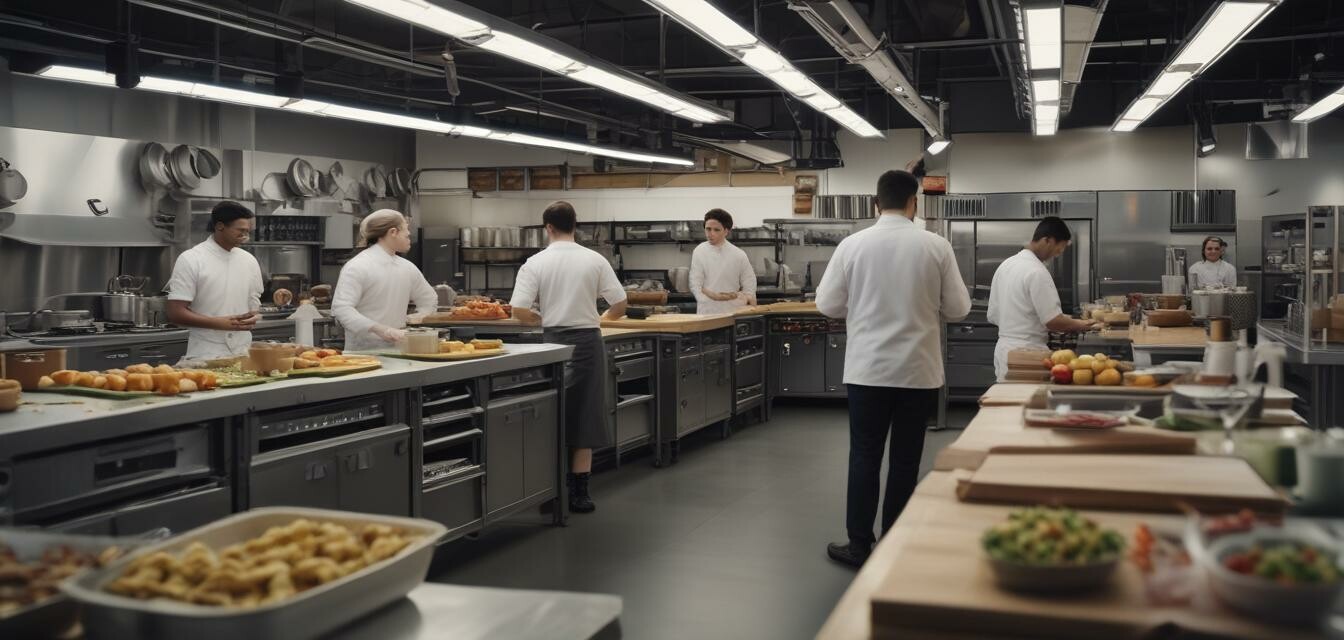
Programs may also include internships or apprenticeships, providing real-world experience in the culinary industry.
How to Choose a Culinary Program
When choosing a culinary program, consider the following factors:
- Accreditation: Look for programs accredited by the American Culinary Federation (ACF) or other reputable organizations.
- Curriculum: Ensure the program covers the topics and skills you want to learn.
- Faculty: Check the qualifications and experience of the instructors.
- Facilities: Consider the quality of the kitchen facilities and equipment.
- Cost: Research the cost of the program and any financial aid options.
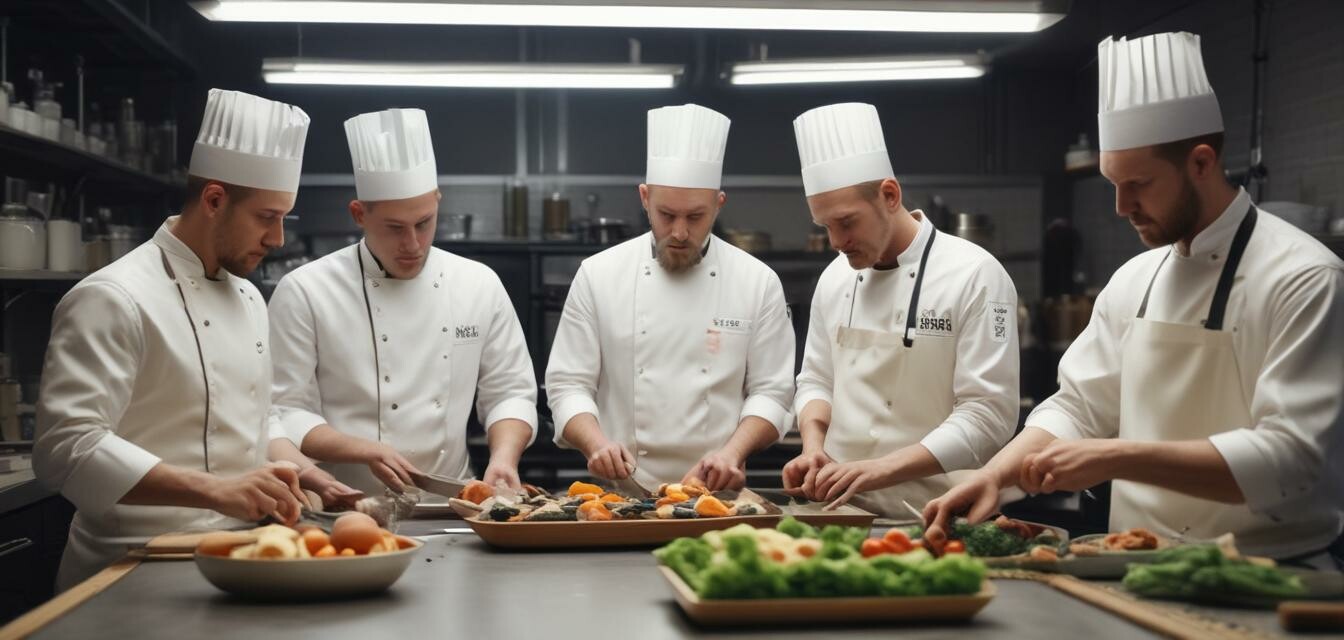
By considering these factors, you can find a program that meets your needs and helps you achieve your culinary goals.
Get Started with Your Culinary Journey
Ready to take the first step towards a career in the culinary industry? Browse our selection of baking essentials, cookware sets, and kitchen appliances to get started.

Remember, earning a culinary arts certificate can open doors to new opportunities and help you achieve your culinary goals.
Beginners Section
- Research different types of culinary certificates and programs to find the one that best fits your goals and interests.
- Consider the cost and time commitment required for a culinary program.
- Look for programs with experienced instructors and modern kitchen facilities.

